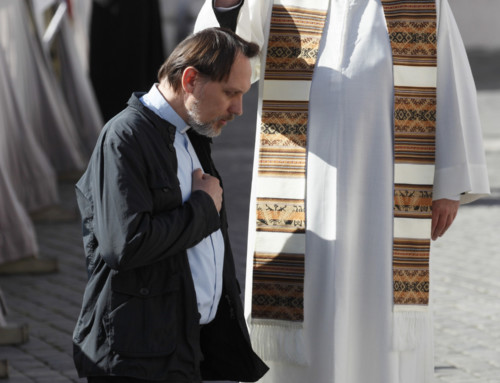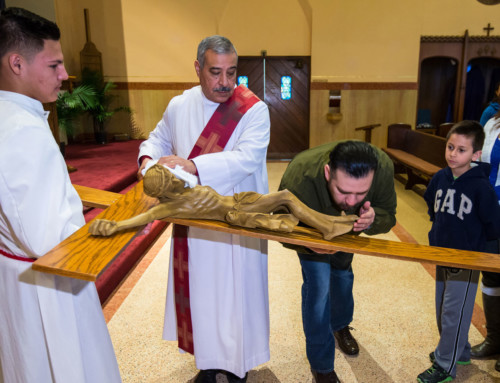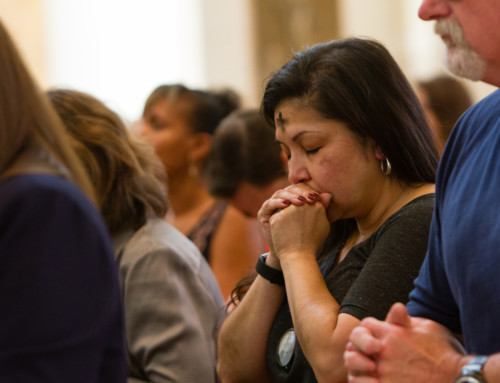The Catechism teaches that Christ’s grace in the Sacrament of Marriage protects the essential purposes of marriage: the good of the couple and the generation and education of children. These purposes are protected and fostered by the permanence of the marriage bond and the mutual fidelity of the spouses. “What God has joined together, no human being must separate” (Mk 10:9).
We have already noted that God’s plan for marriage involves a permanent covenant embraced by the couple. The Church declares every valid sacramental consummated marriage to be indissoluble, that is, no one can dissolve the marriage bond.
The Sacrament obliges marital fidelity between the spouses. Love has a definitive quality about it. It is more than a practical arrangement or a temporary contract. Marital intimacy and the good of the children require total fidelity to conjugal love. This flows from Christ’s own fidel-ity to the Church, which he loved so much that he died for her. By their mutual fidelity, the spouses continue to make present to each other the love of Christ and lead each other to greater holiness through the grace they receive from the Sacrament.
Married love is ordered to the good of the spouses and to the pro-creation and education of children. These are the unitive and
procreative purposes of marriage. “By its very nature the institution of marriage and married love is ordered to the procreation and education of the offspring and it is in them that it finds its crowning glory” (CCC, no. 1652; GS, no. 48). The fruitfulness of married love includes the moral, spiritual, and faith life the parents hand on to their children. Parents, as principal educators of their children, are at the service of life.
Together with their children, parents form what the Second Vatican Council called the domestic church. The Church lives in the daily life of families, in their faith and love, in their prayers and mutual care. The Catechism notes that “All the members of the family exercise the priest- hood of the baptized in a privileged way” (CCC, no. 1657).
Not all married couples are able to have children. “Spouses to whom God has not granted children can nevertheless have a conjugal life full of meaning… [and] can radiate a fruitfulness of charity, of hospitality and of sacrifice” (CCC, no. 1654).







